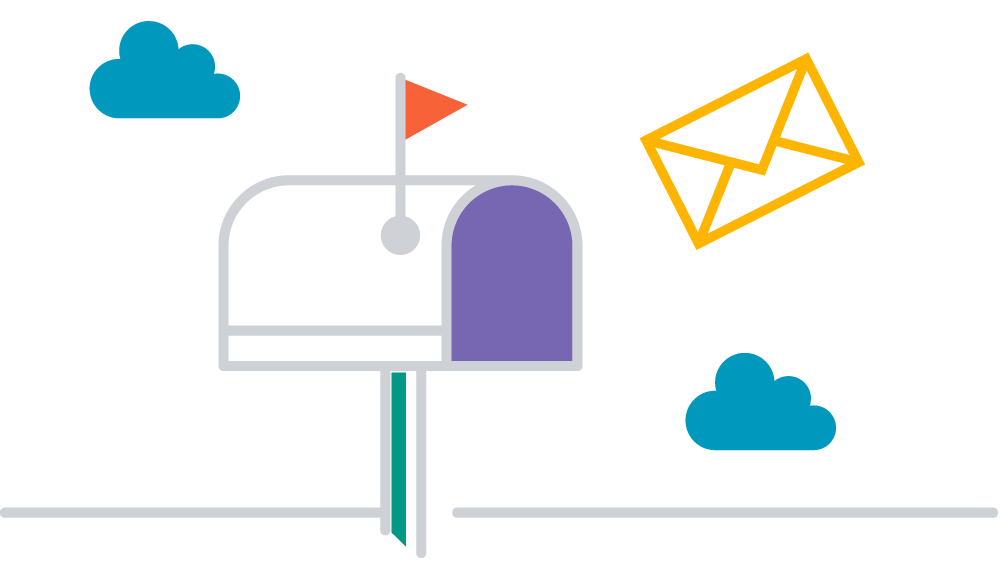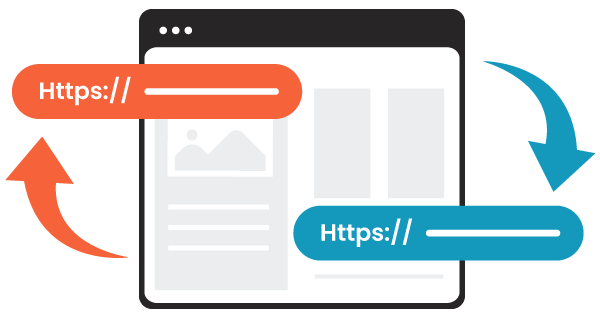How Mental Health Case Management Software Is Reshaping Health
Mental health care is becoming more complex—and more essential—than ever before. The rising prevalence of mental health conditions, combined with increased demand for services and a push for coordinated care, has created an urgent need for better infrastructure.
At the center of this evolution is mental health case management software, a category of digital tools designed to help providers deliver holistic, organized, and effective support for individuals with mental health challenges.
Millions of people across all age groups now live with some form of mental health condition. As these needs grow, traditional, paper-based systems are put to strain. Providers require a smarter, more connected approach to care.

Case management software built specifically for mental health enables this kind of integrated, person-centered care. It helps clinicians and case managers coordinate across multiple services, document efficiently, and respond more proactively to client needs.
Why Coordinated Care is a Lifesaver
Unlike most physical health conditions, mental health diagnoses often involve complex treatment strategies: therapy, medication management, social support, housing assistance, crisis intervention, and more. Managing all of this without the right tools puts enormous strain on both providers and clients.
Research published in Psychiatric Services shows that individuals with serious mental illness die, on average, 25 years earlier than the general population—primarily due to preventable health issues and systemic care gaps. Coordinated care has been proven to improve both clinical outcomes and quality of life.
Mental health case management software plays a vital role here. It ensures that everyone involved in a client’s care is connected and informed. It organizes records, flags risks, tracks interventions, and supports communication among providers—helping ensure no one falls through the cracks.
What’s Broken in Traditional Case Management?
Despite the best efforts of mental health professionals, many are stuck using outdated, inefficient tools. Here’s what’s holding the field back:
1. Manual Processes
Case managers often spend more time on documentation than on direct client care. Paper files, spreadsheets, and disconnected apps create unnecessary friction. They struggle with overwhelming caseloads, many classified as high-risk. Manual tracking leads to burnout, delays, and mistakes.
2. Data Silos
When client data lives in separate systems (one for clinical notes, one for housing, another for medication) it creates blind spots. These silos prevent providers from seeing the full picture of a person’s care, increasing the risk of oversights or duplicated effort.
3. Inefficient Communication
Mental health care is multidisciplinary by nature. But when therapists, case managers, doctors, and support staff can’t collaborate in real-time, miscommunication becomes inevitable. That’s especially dangerous in complex cases or during care transitions.
4. Limited Reporting
Without robust data, providers struggle to demonstrate program impact, track client progress, or apply for funding. Many traditional systems lack analytics entirely, or make reporting a time-consuming manual process.
The solution? A purpose-built platform designed to connect the dots. Mental health case management software that replaces fragmentation with clarity and coordination.
What to Look For in Mental Health Case Management Software
Choosing the right software is about more than ticking boxes. It’s about transforming the way care is delivered. Here are the key features that top solutions include:
- Centralized Client Records – A secure, cloud-based system that consolidates care plans, notes, and assessments—so case managers always have a 360-degree view of each client.
- Customizable Tools – Every organization has unique needs. Good software allows users to tailor workflows and forms to match clinical and operational goals.
- Treatment Planning + Task Management – Whether setting goals, assigning follow-ups, or updating care plans, mental health case management software should make planning and monitoring progress easy.
- Progress Tracking – Track changes over time, log interventions, and measure effectiveness—so teams can adapt quickly and make data-informed decisions.
- Secure Team Communication – Secure messaging and file sharing ensure sensitive information stays protected while enabling efficient collaboration between stakeholders.
Empowering Teams with Data-Driven Insights
One of the biggest advantages of mental health case management software is its ability to turn data into insights.
CaseWorthy’s platform, for example, includes real-time dashboards and visual reporting tools. These features allow providers to:
- Monitor treatment outcomes at a glance
- Identify trends across caseloads or populations
- Pinpoint gaps in services or resource allocation
- Make informed decisions based on measurable results
As Behavioral Health News notes, “Big data analytics offers a transformative solution for predicting and preventing mental health crises at scale. While commonly applied in physical health, the transformative impact of big data within behavioral health has only recently started to gain momentum.”
That transformation starts with access to usable data—and software that makes that data visible, shareable, and actionable.
Improving Client Engagement Through Self-Service
Engaged clients are more likely to follow treatment plans, attend appointments, and experience better outcomes. Modern mental health case management software supports this with self-service features that promote client autonomy and involvement.
- Client Portals: Secure logins where clients can view treatment plans, access educational resources, and send secure messages
- Appointment Scheduling: Let clients manage their own appointments online, reducing no-shows and increasing flexibility
- Progress Visualization: Allow clients to view their own milestones, goals, and achievements—an effective motivator in long-term care
According to a recent study, client-facing tools can improve treatment adherence and help clients feel more empowered in their recovery journey.
Staying Compliant and Secure
Privacy and compliance are non-negotiable in mental health care. The best case management software is designed with these principles in mind:
- HIPAA Compliance: All data handling, storage, and access meets strict federal standards
- Data Encryption: Protects sensitive information both in transit and at rest
- Access Controls: Ensures only authorized users can access protected health data
- Audit Trails: Tracks changes and access history to support accountability and transparency
As regulations continue to evolve—like the expansion of state-level privacy laws—mental health organizations must choose systems that keep them ahead of the curve.
The Future: Smarter, More Connected Care
The next generation of mental health case management software is already taking shape—and it’s being driven by technologies like:
- AI & Machine Learning: To flag high-risk clients, analyze treatment effectiveness, and automate admin
- Telehealth Integration: Bringing therapy, assessments, and follow-ups directly to clients’ homes
- Interoperability: Connecting seamlessly with EHRs, social services, and other systems
- Mobile Access: Enabling case managers and field workers to document and collaborate from anywhere
Technology is creating new pathways to care—but only if we adopt platforms that are purpose-built for today’s mental health challenges.
We Help You Care The Way You’d Love
Mental health care isn’t just changing—it’s advancing. And for organizations committed to delivering high-quality, person-centered services, the shift toward digital tools is not optional.
Mental health case management software is the foundation of this evolution. It simplifies what seems impossible, enhances collaboration, and gives providers the tools they need to make a measurable impact.
The future belongs to the providers who can adapt quickly, serve more effectively, and care more holistically—with the right technology at their side.
Ready to serve more, with greater impact?
Schedule your free CaseWorthy demo now >>
Let us show you how simple, secure, flexible, and fully complaint case management can be.


